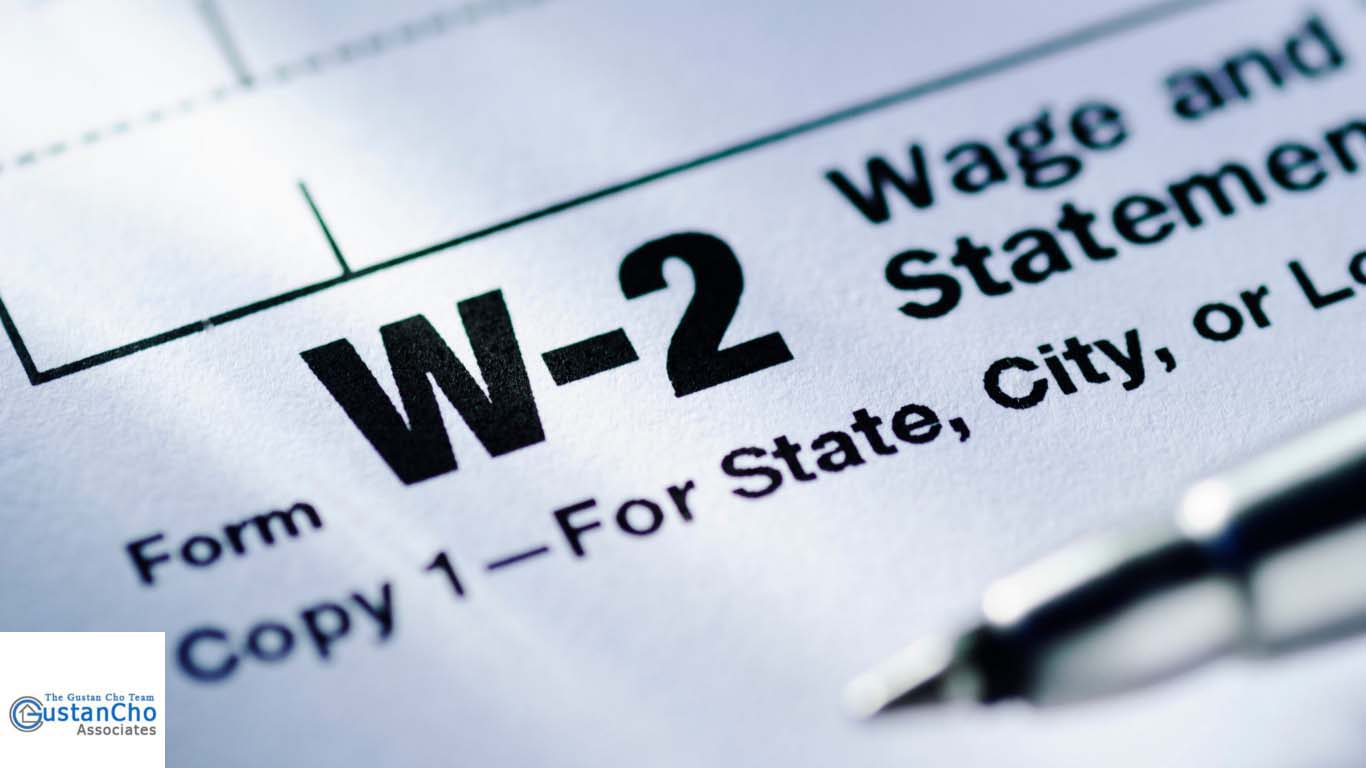This guide covers how loan officers prepare borrowers for mortgage underwriters. How loan officers prepare borrowers for mortgage underwriters depends on the individual loan officer. Most experience loan officers will make sure all mortgage documents is complete before submitting a loan. Any missing docs and/or pages will be potential delays in getting a clear to close. If mortgage underwriters see that certain important docs are missing, the underwriter will kick the file back to the loan officer. The mortgage process then gets delayed.
How Loan Officers Prepare Borrowers Ready for Mortgage Underwriters: A Complete Guide
Buying a home is a big step, and the mortgage part can feel overwhelming, especially for the mortgage underwriters. Loan officers are key in getting borrowers ready for this stage, smoothing the approval process, and boosting the odds of getting the loan. This guide shows how loan officers prep borrowers for underwriting, giving homebuyers and anyone curious about the mortgage process useful tips. Whether you’re purchasing your first home or refinancing, this blog will explain how to get ready and come out on top.
What Loan Officers and Mortgage Underwriters Do
Loan officers are the go-betweens for borrowers and lenders. They walk applicants through the mortgage journey. Their main job is to help borrowers put together a solid application that underwriters can approve. Underwriters check the papers and the numbers to see if lending the money is a safe bet. They look at financial history, credit scores, and the loan details. If the application meets the lender’s rules, the underwriter gives it the stamp of approval. That’s why loan officers ensure all the paperwork and qualifications are in order.
Ready for Underwriting? Let’s Get You Prepared
Loan officers ensure you have everything needed to make the underwriting process smooth and stress-free
Why Preparing for Underwriting is Key
Underwriting is when lenders decide if you can get a mortgage. Here’s why being ready for this step matters:
- Faster Approval: Lenders can move quickly when all documents are correct and complete.
- Better Approval Odds: A strong, well-organized application makes you less likely to be turned down.
- Fewer Conditions: When you bring everything needed from the start, you’ll get fewer requests for extra paperwork.
- Less Stress: When loan officers guide you step by step, you’ll feel more confident and less anxious.
How Loan Officers Get Borrowers Ready for Underwriters
Loan officers follow a clear plan to help you meet underwriting requirements. Here’s how they do it:
Pre-Qualification and Financial Check
Before you fill out an application, the loan officer deeply digs into your finances to see how much you can borrow. They look at:
- Credit Check: They pull your credit report to spot any red flags, like missed payments or high credit card balances.
- Income Confirmation: They ask for pay stubs, tax returns, or W-2s to confirm steady income.
- Debt-to-Income Ratio: They calculate your DTI to ensure it’s below the lender’s cap, usually 43% for conventional loans.
- Asset Review: They verify you have enough savings for the down payment, closing costs, and extra reserves.
If any area needs work, loan officers give tips to boost your credit or pay down debt before you formally apply.
Helping Borrowers Understand Loan Choices
Loan officers explain the different loan types—like conventional, FHA, and VA mortgages—so borrowers can find the one that best fits their finances and the lender’s guidelines. They focus on a few key areas:
- Who Can Apply: Each loan type has rules, such as minimum credit scores or the amount of cash needed to be put down.
- Rates and Terms: They show how varying interest rates and loan lengths affect monthly bills and the total cost over time.
- Paperwork Needed: Each loan program has its own checklist of documents.
- By covering these points, loan officers help borrowers choose a loan that will likely receive the thumbs-up from underwriters.
Gathering and Organizing Paperwork
Underwriters need a mountain of paperwork to confirm that a borrower is financially solid. Loan officers help collect and arrange the required documents:
- Income Proof: Borrowers who own businesses gather the latest pay stubs, W-2s, or 1099s.
- Tax Returns: Usually, they collect the last two years of federal tax returns.
- Bank Statements show the cash available for down payments and rainy-day funds.
- ID: A government-issued ID, like a driver’s license or passport, is needed.
- Job History: They collect proof of steady employment, typically covering the last two years.
- Debt Details: They compile information on outstanding loans, credit card balances, and other payment obligations.
Loan officers double-check that every document is complete, correct, and meets the lender’s format, which helps speed up the underwriting process and reduce delays.
Preparing a Strong Loan Application
A polished loan application sets the stage for a smooth underwriting journey.
Loan officers:
- Complete the Loan Application: They fill out the Uniform Residential Loan Application (Form 1003) with precise financial and personal data, leaving no boxes unconfirmed.
- Highlight Strengths: They shine a light on the good stuff, like a credit score above 740 and a DTI (debt-to-income) ratio below 36.
- Address Weaknesses:
- They don’t hide the bumps.
- If there’s a two-month employment gap or a past foreclosure, they write a clear, brief explanation
Guiding Borrowers Through Pre-Underwriting Check
Loan officers often run a pre-underwriting check using tools like Desktop Underwriter or Loan Prospector. This step:
- Flags Red Flags: The system buzzes on missing pay stubs, inconsistent addresses, or a DTI exceeding 45%.
- Streamlines the Process: Fixing these flags now reduces the risk of extra conditions or late-stage denial.
Loan officers meet with borrowers to clear red flags before the application hits the underwriter’s desk.
Communicating Expectations and Timelines
Loan officers keep borrowers in the loop by clearly stating:
- Timelines: Underwriting usually runs 3 to 10 days, depending on lender speed and loan type.
- Potential Requests: Underwriters may ask for more documents, such as a letter explaining a $3,000 deposit from Aunt Sue or extra proof of home insurance.
Clear timelines and potential requests keep everyone on the same page.
Borrower Responsibilities
Please Give Us the Info We Need to Stay on Track
- Clear and open communication makes everything move faster.
Underwriting Doesn’t Have to Be Stressful
Learn how loan officers help you gather documents, clarify requirements, and prepare for underwriting.
Getting Ready for the Appraisal
Underwriters want to see an appraisal to confirm the home is worth the loan amount. Here’s how loan officers help:
- Set Up the Appraisal: They will book an approved appraiser to visit the home.
- Share Repair Tips: They can suggest small fixes to help the home appraise for a better value.
- Handle Low Appraisals: If the appraisal is less than the sale price, the loan officer can work with the seller or tweak the loan terms.
A solid appraisal can boost the chances of getting underwriting approval.
Borrower Tips for a Smooth Underwriting
Loan officers recommend these steps:
- Be Open and Honest: Give full financial details up front to avoid later surprises.
- Stay Steady: Don’t take on new loans, switch jobs, or buy big-ticket items while the loan is in process.
- Reply Fast: Send in any requested paperwork as quickly as possible.
- Fix Credit Early: Pay down any debt and check for errors on your credit report before you apply.
- Partner with Your Loan Officer: Trust their advice and follow their steps.
Common Underwriting Challenges and How Loan Officers Help You Overcome Them
While underwriting is a vital step in the mortgage process, it can sometimes throw up obstacles that slow a file down or even risk a denial. Loan officers are the frontline heroes who step in to keep things moving by:
- Clarifying Anomalies: Any documentation that looks out of place—like a sudden boost in a bank balance, a short break in work history, or a minor credit blip—can raise a flag.
- Loan officers can quickly gather the right letters to explain these items and show the lender the big picture so the underwriter isn’t confused.
- Shoring Up Weaker Profiles: Loan officers don’t break when closing credit scores dip below preferred levels.
- Instead, they recommend a qualified co-signer or steer borrowers toward loan programs designed for less-than-perfect credit, widening the pathway to approval.
- Filling Documentation Holes: Missing forms, outdated pay stubs, and blurry bank statements can slow things down.
- Loan officers create a checklist at the start and double-check that every required piece lands in the underwriter’s inbox the right way, shaving days off the timeline.
- Loan officers are key in helping borrowers prepare for mortgage underwriters.
- They know the steps inside and out and use that experience to make the path easier and clearer.
- By reviewing your finances, collecting the right paperwork, and walking you through every stage, loan officers boost your chances of getting that loan.
- If you are in the market for a mortgage, keep your loan officer close.
- Give them truthful details and stick to the advice they give.
- This teamwork will make the underwriting ride a lot smoother.
- With the right prep, that front door to your new home is within reach.
Are you already working with a loan officer or preparing for your mortgage? Drop your questions or stories in the comments! For more home-buying tips, subscribe to our blog or contact a trusted loan officer today.
How Loan Officers Prepare Borrowers With Regards To Credit And Income
Most experienced veteran loan officer know that an underwriter can suspend an incomplete file. They make sure that the file is complete and their borrowers is fully qualified for the particular loan program they qualified them for. The initial qualification stage of the mortgage process is the most important stage. The number one reason for a last minute mortgage denial and/or stress during mortgage process is due to the loan officer not properly qualifying borrowers.
Importance on What Loan Officers Asks Borrowers
WHAT A MORTGAGE BROKER ASK YOU FOR AND HOW THE UNDERWRITER WILL LOOK AT IT. CREDIT, INCOME, AND ASSETS
CREDIT: The first major step in the mortgage process is for us to look at your credit. The credit score is very important but also what makes your score what it is. If you have a 640 credit but you have multiple disputes the underwriter will make you remove these disputes. If there is a derogatory mark, it’s within 2 years of the date the credit was pulled and over $1,000 balance left on the account, underwriters will have borrower retract the dispute. The reason is that when you dispute a tradeline it covers it up as if it does not exists. When you remove it your score may drop and you may not get an approve eligible on the automated underwriting system.
Public Records Search By Mortgage Lenders
Also, the underwriter may look at Public records. This is where Bankruptcies show up. There are rules to Bankruptcies. 2 years from discharge date for FHA and VA. 4 years from discharge date for Conventional. This can automatically disqualify you. Chapter 13 is at least 12 months from file date. But this is an automatic downgrade to a manual underwrite.
How Mortgage Underwriters View Credit Inquiries
New inquiries are something an underwriter will look at. For example, they may see a recent Auto inquiry. Your credit may not have updated to show this tradeline. Your mortgage loan officer may not ask you about it. The underwriter may figure out that you have a new debt that wasn’t calculated in your debt ratios now that would disqualify you.
How Loan Officers Prepare Borrowers With Late Payments In Past 12 Months
The automated underwriting system is very heavily weighted to the last 12 months. It doesn’t like seeing installment or housing late payments in the last 12 months. It also doesn’t like to see only 2 credit cards that have only been open 2 months each. Or a lot of 30 day late payments on multiple accounts. As you can see it is just not your credit score that matters.
Loan Officers Prepare You for Underwriting Success
From gathering documents to understanding the guidelines, we’ll make sure you’re ready for underwriting.
How Loan Officers Prepare Borrowers When Qualifying Income
INCOME: Income documents consist of Personal tax returns, business tax returns, w2s, paycheck stubs, bank statements (for bank statement program only), social security, disability, child support and more. Tax returns for self-employed are the most complicated. You as a borrower may think that you make $100,000 a year. But when it comes to underwriting you have deductions and additions that have to be added or subtracted.
Example:
- If you write off $2,000 a month for business expenses that will come off your top line and leave with a smaller bottom line
- It is called your adjusted gross income
- Usually much smaller than most clients think they can use for income
- You also have to average the last 2 years adjusted gross income
- If the most recent year declined from the previous year then you have to go off most recent so you don’t average
How Loan Officers Prepare Borrowers With W2 Wage Earners
W2 income is usually the easiest. If you are a salary income then you can go off your current new salary regardless of the last 2 years W2. The paycheck stubs may show overtime and bonus. These additional income streams have the same rule. They average the last 2 years and they cannot be decreasing too much.
Grossing Up NON-Taxable Income Of Borrowers
Social security and disability can be what is called Grossed up. FHA and conventional allows you to use 115% of the net you receive from them. VA allows 125% gross-up. You have to show that this income will continue for the next 3 years to use it. Child support is usable income if you can show the last 6 months receipts on time and proof it will continue for the next three years.
How Loan Officers Prepare Borrowers ASSETS
An underwriter is going to ask you for the last 2 months of bank statements. If there are any unusual deposits then you may not be able to use those assets. Cash deposits are a NO-NO. Quick pays are a no. Anything outside of payroll will be heavily scrutinized. My friend paid me back a loan I gave him only works if you can show a loan agreement and proof of you giving them money in a check form and them paying you back with a check.. So remember the last 2 months of bank statements should not have unusual deposits.
Loan Officers Make Underwriting Easier for You
Get the guidance you need to clear underwriting quickly and successfully.









